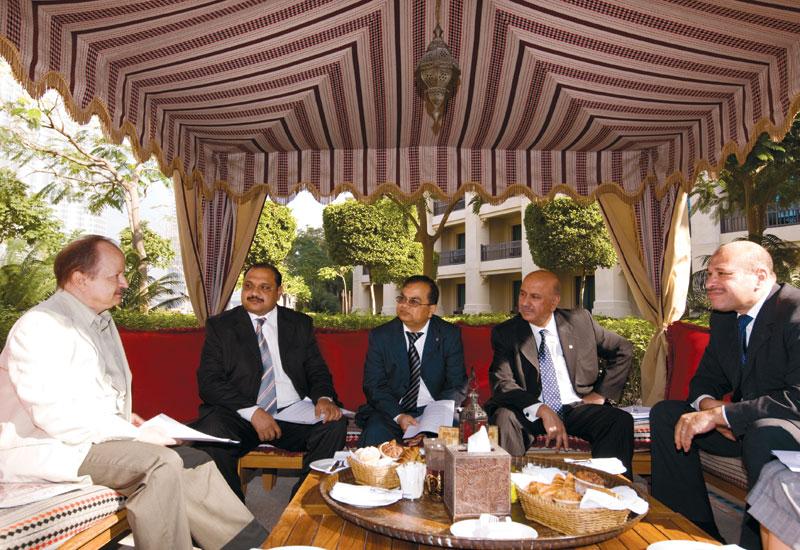Can you give some practical examples of the other steps you have taken to save energy that might inspire others to do the same?
TC: We have ‘hotel talk’ every month — a meeting with the staff. The staff comes up with great ideas on energy saving. For example, on the emergency staircase someone said it should have motion sensors so a light should go on only when someone goes out there and we have already implemented it.
AQS: We introduced a ‘good idea box’, not only about energy saving but also guest experience, back of house improvement etc. That ignited the idea of forming a green committee. We have done about 10/11 sessions of that. That has guided us a lot as everyone here has said — people on the floor come up with ideas. A junior chef said to use very dry wood to burn the charcoal, not the high tech fuel we had been using and we implemented that. An IT guy programmed the system so everyone’s computer goes to sleep when not used and they did the same thing on the common printers.
MK: The cooks came up with an idea — we have a cold cuts section on the buffet where you take a large ice tray, fill it with ice and then put your cold cuts on that. That’s a standard process. But I asked him how much of that ice melts? He said the ice they need is only 15% of the total content they fill it up with, but that they want the effect. It’s show business! So we came up with the idea that the lower base should still give the ice effect by putting plastic bubbles in it — it has reduced the quantity of ice by 80%. In today’s climate we are required to question everything.

Advertisement
What role do you think the government should play in helping you achieve your energy saving goals? Do you think Dubai government’s aim of reducing carbon emissions in hotels by 20% by 2011 is achievable?
AQS: That will not work as only the responsibility of the hotels. What happens in the city is they build a building and put four chillers on top and say ‘make it work’. But these are figures everyone knows — 60-65% of energy consumption in this country is air conditioning (AC). To have that air conditioning coming from a chilled water plant would save — just as the whole of Europe is on central heating.
So we should really emphasise that the government should come up with a compulsion that every single building should have chilled water from central plants. The chiller’s life varies from 10-12 years.
Crowne Plaza Dubai is 15 years old now…they should set up a pipeline for them [to a central plant rather than replacing it again]. The law should be adding something into that.
MK: The new buildings have to take into consideration all these aspects. In my new building, I cannot say whether we have achieved 20% carbon emission saving because every litre of oil, whether diesel or petrol, produces nearly 2.5kg of carbon dioxide emissions.
If I save three units that means I am saving one litre of petrol oil. The moment you have saved 3000 units you have already saved 10,000 units of petrol oil. That’s how the figures work. So if he has saved AED 50,000 ($13.617) in a year, he has only achieved the figure that I required to save the energy or carbon emission by one third of the source.
WF: I have something to say also and maybe my colleagues will agree with me. You know there is a new rule for cameras / CCTV — you are not allowed to renew your annual licence unless you bring a certificate from Dubai police. I strongly believe that a big focus will not be achieved with regard to energy-saving unless similar requirements are put on the renewal of the licence.
The problem is it is expensive to implement ideas. Solar panels, for example, are very expensive but the impact is great. In some properties, especially the old properties, you need to make ROI projects, you need to spend some money just to have the saving and unless you [make this law], yes awareness will change and some light bulbs will change, but this massive change will not come through small projects.
SZ: I don’t understand why this country is not using solar energy









 Search our database of more than 2,700 industry companies
Search our database of more than 2,700 industry companies









